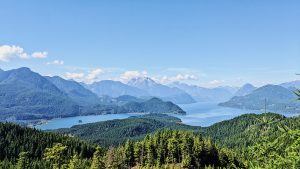The keyword I picked for my blog is ‘audience’. I found the definition of the Keyword Audience interesting and appreciated that how the definition was tied to the themes we have explored during class discussions.
Reading this definition, I picked up on two main points. One being that depending on the situation an audience can be a bad thing “or a force to be celebrated”, the second point explores the role of an audience. Both of these points are very powerful, and before reading this definition I would not have associated them with ‘audience’. So, what is the role of an audience? Who is the audience? It is easy to distinguish the speaker(s) from the audience in events such as concerts, where the speaker is the performer and the audience are the people that have bought tickets to watch the performance. Extrapolating this to other situations gets trickier. For example, in the academia, where thousands of scholars contribute to the conversation by writing about their findings. Scholars then read the work of others, add on to it or ask questions and then publish their own work. So it seems, asking questions or starting conversations can one make go from being a member of the audience to a speaker.
Is this always true?
One particular sentence from the definition made me pause; “settlers wonder what decolonization will look like for themselves, effectively rejecting their role as audience and speaking over Indigenous peoples”
Why does wondering what decolonization will look mean rejecting the role of audience? Why is this considered speaking over Indigenous peoples? If non-Indigenous people are turning to Indigenous people regarding an Indigenous topic, it means non-Indigenous people know they don’t have the answer. Are members of the audience always meant to stay as part of the audience and never to become speakers?
